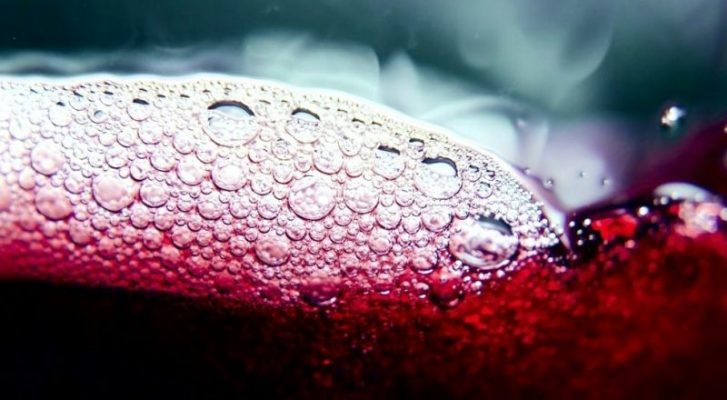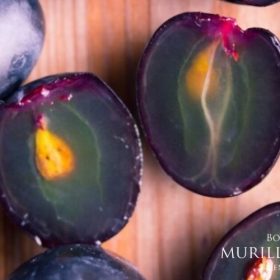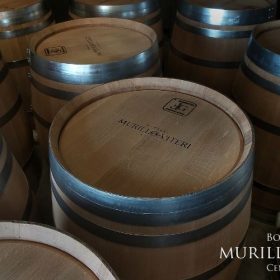What are sulphites?
Sulphites, sulphur dioxide (SO2), or sulphur dioxide is a preservative with antioxidant and antibacterial properties. Due to its characteristics, it is widely used in the food industry and in winemaking. Sulphur dioxide is found in many products as a preservative, such as mustard, jam, cereals, canned fruits and vegetables, frozen fish, and yoghurts, among others. It has been used in oenology for more than 2,000 years, when the Romans burnt wicks of sulphur near barrels and musts to protect and preserve them.
Sulphur dioxide has a number of qualities that make it very important oenologically speaking. Some of them are its antioxidant quality, and that it acts as an antimicrobial, antiseptic and facilitates the maceration of the must between solids and liquids.
Sulphur has also been used in viticulture since ancient times. Farmers use it (in a controlled manner) to protect plants against fungi and spiders. Sulphur particles are deposited on the leaves and are transformed into sulphur dioxide in the sun. In the winery it is also common to use sulphur for disinfection. After fermentation, sulphur dioxide is applied to the barrels between rackings to prevent mould and vinegrowth bacteria.
Sulphites in wine
All wines contain sulphites. Sulphites are produced naturally in the yeast metabolism during alcoholic fermentation. In other words, every fermentation will generate a quantity of sulphites, even if it is small. Each winemaker then doses the doses of sulphur dioxide to be added according to the progress of the vinification process, in order to extend the life cycle of the wine and enhance its organoleptic properties.
By definition, wine is in itself a natural product, as it is born from the earth and the fermentation of the must. Even so, organic, natural or biodynamic wines do not add sulphites in their production, assuming the risks that this implies, but achieving a more natural wine and keeping it as pure as possible. Therefore, it is possible to make wine without adding sulphites, but it is impossible to make wine that does not contain sulphites.
Their presence in wine is completely harmless and does not represent any risk. However, some people are sensitive to them in large quantities, which is why the law limits the amount of total sulphites in wines. On the other hand, the law also makes it compulsory to indicate on the label that the wine contains sulphites whenever the amount is higher than 10 mg/l.









 Deutsch
Deutsch Français
Français Italiano
Italiano Nederlandse
Nederlandse